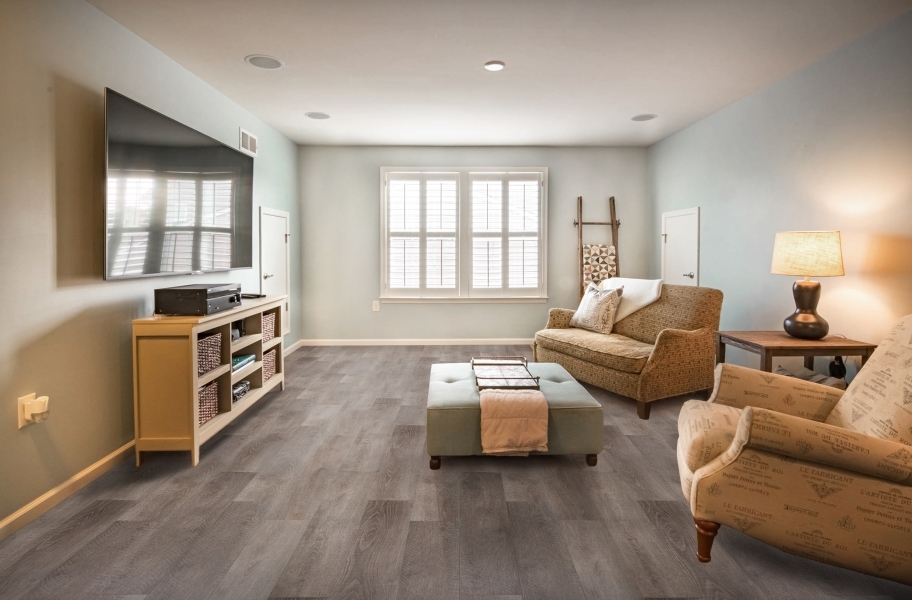BUYING A HOME IS A BIG DEAL. HERE IS SOME USEFUL INFORMATION IF YOU ARE CONSIDERING PURCHASING YOUR FIRST HOME.
It happens quite often; people rush into home ownership because it is a sign of adulthood, maturity, and financial responsibility. Owning a home is a big commitment, it is never guaranteed to be a good investment, and it can be a lot of work. (I’ve seen homeowners have a growing list of things to do and contractors to call, and it’s not always the original paradise that HGTV shows make it out to be.)
With that said, if you are reading this post, there is a good chance you are going to buy a home anyway. So I’ve put together some of the most important information I feel is important for a first-time homebuyer to know before leaping into homeownership. You can also download my First Time Home Buyer Guide Here.
ASK YOURSELF, IS IT TIME FOR YOU TO BUY A HOME?
You’re at that point in your life where everyone seems to be growing up; your friends are getting married, starting careers, having babies, and most importantly buying homes. My first piece of advice to any First Time Home Buyer? Don’t buy a house just because everyone is doing it and it seems like the right thing to do, or because it is the next step in the “adulting” process. Don’t buy a home because your dad is telling you it is stupid to “throw money away” on rent. (He’s wrong too).
Don’t buy a home just because you have heard that it might be a buyers market, or that it might be a good time to buy, or because of the low-interest rates on mortgages. When you buy a home, you want to do it because you ARE PREPARED for the responsibility of becoming a homeowner. Purchase a house when you are settled down and want to commit to living somewhere for at least five years, and only buy a home if you are financially stable and ready for the long-term commitment that it brings.
There are many good reasons to own the roof over your head, but there are many tradeoffs as well. Ask yourself these questions to help determine if you are ready to be a homeowner?
1) Are my finances in order?
If you are already struggling to pay bills, and you are struggling to save a down payment you probably aren’t quite ready to purchase your own home. Ideally, you will need to save at least 5% of the sale price as a down payment, as well as private mortgage insurance – and that is in addition to saving for retirement and building an emergency fund. You should prove to yourself that you have the discipline and ability to save.
2) Are you on solid ground and ready to make a long-term commitment to where you are?
The rule of thumb is that buying a home makes sense if you plan to stay put for at least 3-5 years; these days many financial planners are recommending an even longer window. The transaction costs of buying and selling a home are significant. Given the historical rate of home price appreciation, it will likely take at least five years to break even when all is said and done.
3) What is the Cost of Owning?
If you are on solid financial ground and ready to commit long term, then you need to get a realistic idea of what you can expect to spend, and how it breaks down monthly. You can get a basic estimate by using a budget and a mortgage calculator. Most calculators allow for property taxes and homeowners insurance if you are looking in an area where taxes or insurance are higher than average, plug in numbers based on what is realistic in your market. If you need clarification on what these numbers are in your community, reach out to me and I would be happy to provide that information to you.
There are many additional costs of ownership that unseasoned buyers tend to overlook. Homeowner Association Fees or Condominium Fees could apply to your selected home. This extra cost pays for costs of shared infrastructure and amenities, can add hundreds of dollars to your monthly expenses and it is not uncommon for owners to get hit with an individual assessment for projects not covered in the regular reserve fund.
Routine maintenance costs will also need to be budgeted. You can’t just call your landlord if your furnace breaks down in the middle of winter, or if your roof begins to leak during the rainiest week of the spring. You will need to save and be prepared for anything that homeownership may throw at you. Have a strong financial plan that allows for saving for an emergency fund as well as paying your regular homeownership costs.
The last thing you want to do is stretch yourself thin when it comes to your home purchase and find yourself what I call “house poor”.
4) Know your Market
Agents and Economists talk about real estate all the time, in National, Regional and Municipal terms, but markets vary significantly from one city to the next and from one community to the next. It is vital to do the research yourself and get in touch with a REALTOR® who can help you to navigate the complexity of communities you are considering. Hiring a buyer’s agent is FREE for you and ensures you have someone working on your behalf throughout the whole process. If you have questions about the process or the market please send me a message anytime. I’d be happy to answer any of your questions.
-Brooke-

 Facebook
Facebook
 X
X
 Pinterest
Pinterest
 Copy Link
Copy Link

